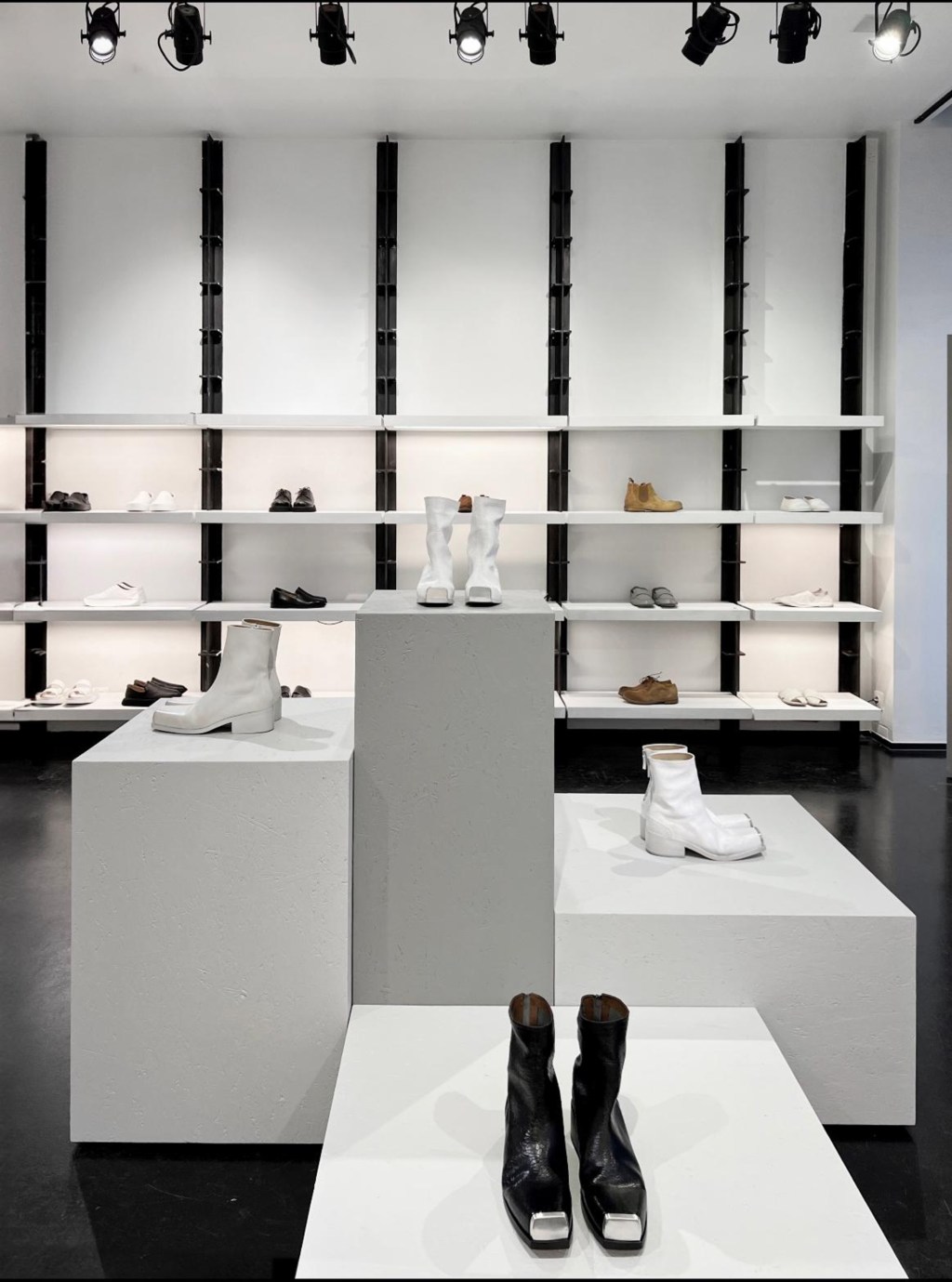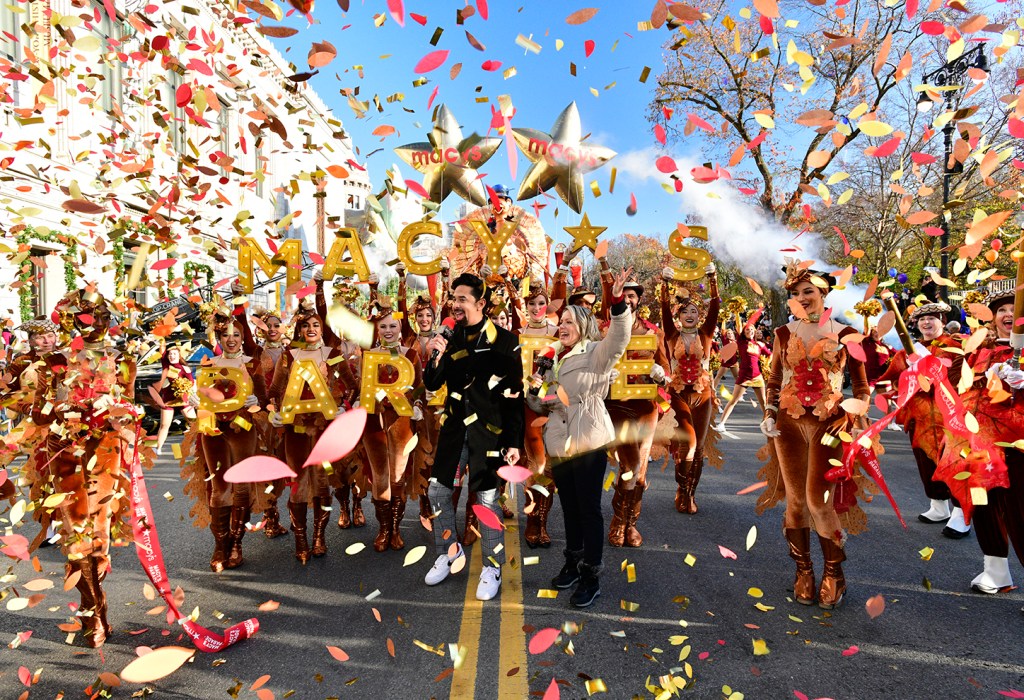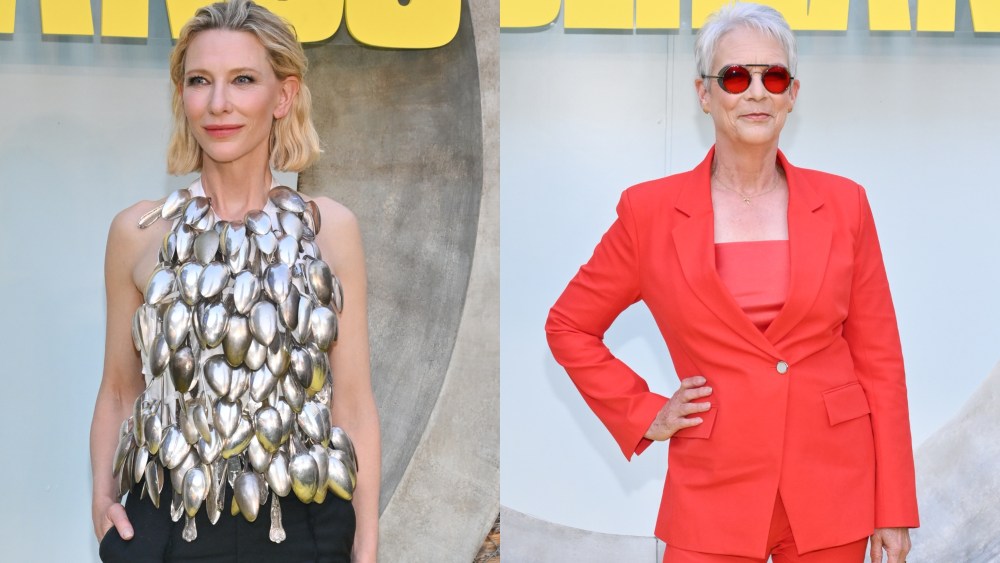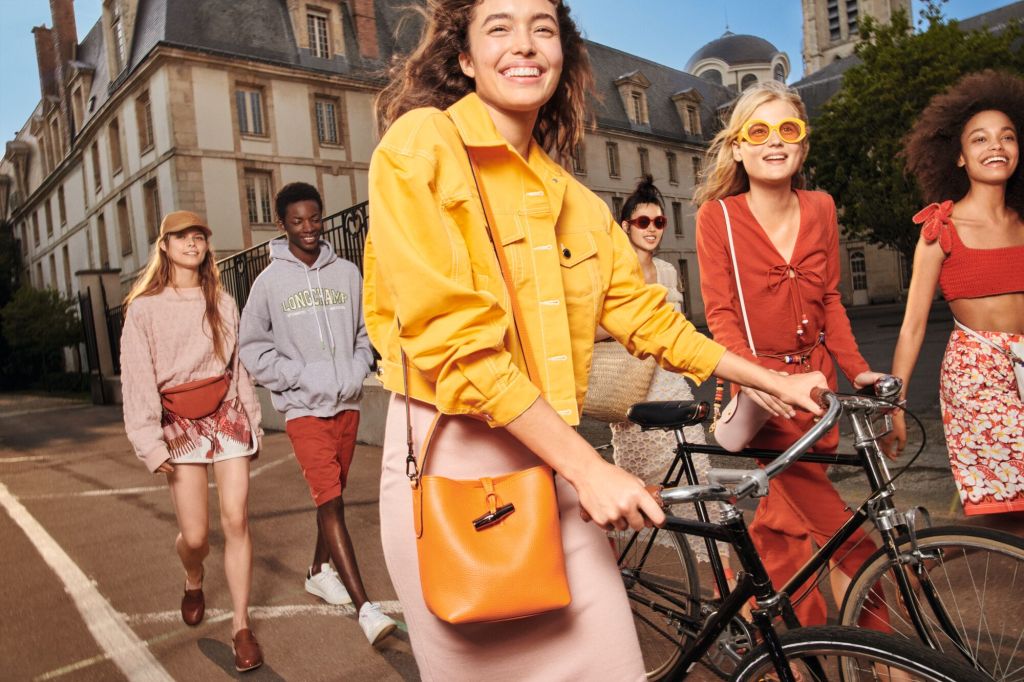PARIS — After opening its first flagship on Milan’s Via della Spiga in January, indie Italian brand Marsèll is expanding its global footprint.
The shoe specialist known for its conceptual collaborations, including designer Damir Doma’s new label Diomene and Japanese sandal-maker Suicoke, is opening a Paris pop-up in collaboration with Leclaireur.
The 450-square-foot space formerly occupied by Jil Sander will be a fully branded Marsèll space connected to concept store Leclaireur until December. With three street-facing windows on Rue de Sévigné in the Marais, the brand will keep the space’s clean, minimalist bones while focusing on product and customer service.
“We decided less furniture, but more product and more space,” said Marsèll cofounder and vice president Andrea Rossi. Salespeople will be trained with “deeper and more dedicated” knowledge of the Marsèll brand, under the longtime creative direction of Marco Cima.
Leclaireur has been a customer of the brand since its inception in 2001, and the long relationship helped open the door to this new outpost. Boutique owners Martine and Armand Hadida were among the first to stock the brand when it launched.
“We grew up together, so for us it’s really organic to do something that says to the market, ‘We are very good partners, because we have a philosophy vision and expectations to reach our customers in a specific way,’” Rossi said.
“We want to catch our final customer and to be in a real conversation with them directly. Sometimes the wholesale market is like a filter, so for us it’s important to have the opprotunity to listen directly, and to tell our customer our vision.”
That vision is craftsmanship and quirkiness — the brand reenvisions classics with new twists and unusual proportions.
“This temporary store will present the brand in a stronger, more complete layout since there are more ways to share and to involve the final customer. The final customer is helped to better understand the brand and maybe go out with a pair of shoes. This is the challenge to work with partners to manage better our brand,” he said.
To mark the opening, the brand has created a limited-edition version of its Casello boot with a metal plate at the toe. The shoe is as ephemeral as the spirit of a pop-up itself: there will only be 52 pairs available.

If the term “quiet luxury” is quickly become overused, it suits the Marsèll philosophy. “We are not pushing the brand or screaming the brand, we are a family company that works hard,” Rossi said.
The Paris pop-up is part of a larger expansion plan. The company plans to open five to 10 monobrand stores in key markets in the next few years. “But at the moment we can’t,” Rossi said, emphasizing they are an independent brand competing with large conglomerates. “So step by step we are growing, slowly, and trying to expand our community.”
The Milan flagship has become a calling card of sorts, with the brand now expanding with key retailers.
Later this month the brand will open a 150-square-foot shop-in-shop inside independent boutique ZL Philosophy in Shaoxing, China. That space will speak the same design language as the Milan flagship, with the same mission to communicate without a filter, Rossi said. It will be a smaller version format of the Milan design.
Two additional corners are expected to open in other retailers in China later this year. Asia Pacific, including Australia and New Zealand, accounts for about 30 percent of the brand’s sales, while North America accounts for 30 percent and Europe and the Middle East round out the remaining 40 percent.
Annual growth averages around seven to 10 percent, Rossi said. While the shoes are still handmade by artisans, the company has the ability to increase production capacity at its own Venice factory.

The brand is exploring an event at the Paris pop-up this summer, but is currently planning around the Olympics. As retailers across the city are scrambling to understand the logistics during the Games, an event may fall during Paris Fashion Week in September.
“Why we are doing this corner, pop-ups, collaborations — we didn’t invent nothing, all brands do this to grow, raise visibility — the real point is that the shoe business is complicated and is disappearing,” he said, as major fashion labels and conglomerates expand into the footwear space while indie brands struggle.
Despite the high profile collaborations with cult brands, Rossi says the brand eschews trends and will continue to develop its signature style. “We try to be what we are. We are trying to do something ethically correct and good, with a lot of passion and good partners.”



